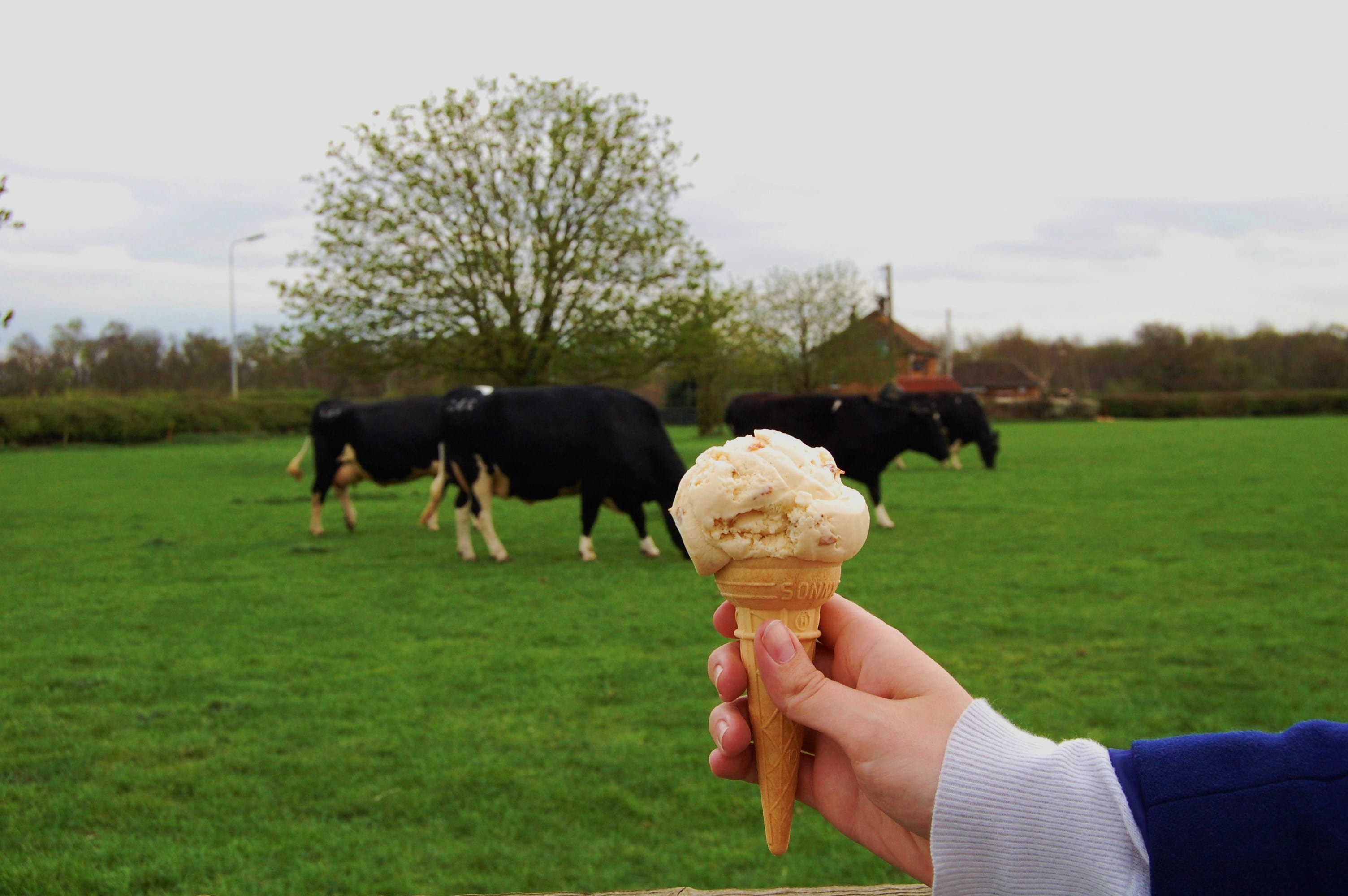Lincolnshire is home to award-winning Indian spices


Mr Huda's spices are sold around the region. Photo: Samantha Viner
You’d never think of Scunthorpe as the home to award-winning Indian spices- but it is.
Maf Huda set up Mr Huda’s Surma Secrets about four years ago. Since then the company has won competitions and managed to get their brand into major supermarkets around the county.
Maf recently sold his restaurant business to concentrate on the Mr Huda’s concept. He said: “running the restaurant, being a chef and front of house you’re always dabbling about with spices and getting them ready for when the customers come in for a meal.
“The constant thing is why [don’t] we provide a ready blend of spices for the customers to create the dishes at home giving them simple to use recipe instructions. People always want to cook what they have at the restaurant because they like the flavours of the restaurant but they cannot achieve that by looking at all the cookery books, because some of them don’t give you all the ingredients and if they do it’s very hard to get hold of and it’s expensive.
“So all that research into it I thought ‘lets do a restaurant style curry paste’. Basically we’re not going do any cooking because in the restaurant when we do the preparation of the spice we don’t do any cooking until the customer orders, so that was a concept where the idea came from.”
The reason the spices are so successful in Huda’s eyes is because they allow the customer to still feel a sense of achievement about cooking a complex dish.
Maf said that “if the customer wants to cook a fresh meal with the chicken and vegetables, instead of adding all the ingredients all they do is add a few teaspoons from the jar and they get this flavour and spices of all the ingredients ready blended. So the customer goes in and still does a bit of cooking, gets the satisfaction of cooking their own meal but they haven’t gone through the heartache of sourcing all the different spices and storing them and grinding them so that was the service that we provide.”
It’s obvious that an Indian company will struggle to source local produce but Mr Huda’s still has the Tastes of Lincolnshire approval. This is because they source what they can from a 15-20 mile radius. When things such as green chilli and garlic are in season they will source them locally. They also source other things from this radius too, including the glass jars, labels and cardboard sleeves.
Mr Huda’s were also part of the reason that Jim Sutcliffe won his Young Butcher of the Year title. His curried goat and mango sausages got him through to the last stages of the competition. Maf said: “our product is like a spice mix where you can use it to make curry itself but you can use it to create flavour.
“Herbs and garlic and coriander and all of that in there but when you want to create a flavour in something like a sausage mix but sometimes you need to give it that bit of oomph what you do is add that into and it creates a spiced mix. What we did with Jim was a curried recipe for a sausage.
“It’s something unique and something not always available so we thought we’d suggest a combination of our spice with a bit of mango because people use apple and that in sausages so he did that with goat and came out tops; it went down really well.
“He made it with goat meats but you could do it with any meat. That was one of the dishes he did for the final stage which gave him the edge of thinking different so out of the norm helped him to get those extra points to win.”
Mr Huda’s Surma Secrets won the best Ethnic Food Category in the whole of the UK when they first started four years ago. They now plan to continue growing the company and hopefully get the spice mix into supermarket chains nationwide while “still keeping the small local stores stocked up too.”















